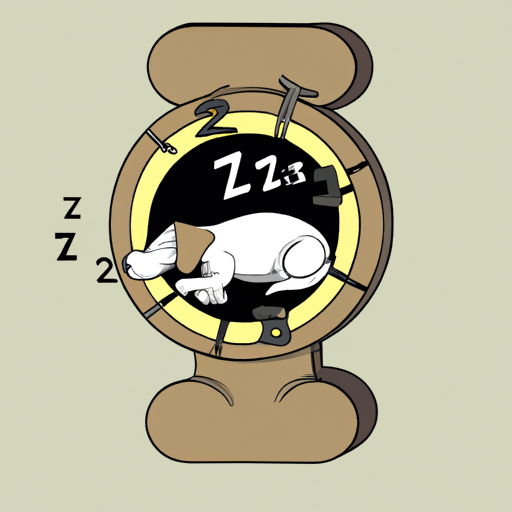For the dog lovers among us, our furry friends are more than just pets, they’re family. We want to ensure they’re healthy and happy, which includes making sure they’re getting the right amount of sleep. But how much sleep should dogs get? The answer, as it turns out, can vary greatly and depends on a number of factors.
Table of Contents
- Understanding a Dog’s Sleep Cycle
- Factors Determining a Dog’s Sleep
- Age and Sleep
- Breed and Sleep
- Health and Sleep
- Frequently Asked Questions
Key Takeaways
- Dogs, like humans, have a sleep cycle but likely experience less deep sleep.
- A dog’s age, breed, and health are all factors that can influence how much sleep they need.
- Puppies and older dogs typically need more sleep than middle-aged dogs.
- Certain breeds tend to sleep more than others due to their energy levels.
- Health issues can also impact a dog’s sleep.
Understanding a Dog’s Sleep Cycle
Like humans, dogs experience different stages of sleep, including Rapid Eye Movement (REM) sleep, which is the deepest sleep stage when dreams occur. However, according to research, dogs spend less time in this deep sleep stage than humans do, which is why they may seem to wake up more easily.
Factors Determining a Dog’s Sleep
Several factors can influence how much sleep a dog needs. These include their age, breed, health, and how much physical and mental stimulation they receive.
Age and Sleep
Age plays a significant role in a dog’s sleep requirements. Puppies, for instance, need about 18 to 20 hours of sleep per day to support their rapid physical growth and learning about the world. On the other hand, adult dogs, particularly between the ages of 1 and 7, usually need about 12 to 14 hours of sleep per day. Senior dogs may need slightly more sleep due to slowing down physically.
Breed and Sleep
Breed can also play a part in how much sleep a dog needs. Some breeds, such as the Mastiff and St. Bernard, are known for being “lazy” and may sleep for up to 18 hours a day. Conversely, working breeds like Border Collies and Labrador Retrievers are more active and may require less sleep.
Health and Sleep
Health is another critical factor in a dog’s sleep patterns. Dogs with health issues may sleep more than healthy dogs, as the body uses sleep to heal and recover. For instance, a dog with arthritis might sleep more to relieve joint pain. On the other hand, certain health issues may cause dogs to sleep less due to discomfort or pain.
If you’re concerned about your dog’s sleep patterns, it’s essential to monitor their behavior and consult with a vet if you notice significant changes.
Frequently Asked Questions
-
What if my dog seems to be sleeping too much or too little?
If you notice a significant change in your dog’s sleeping habits, it’s important to consult a vet. Sudden changes can be a sign of health issues. -
Does my dog dream?
Yes, dogs do dream! They even experience REM sleep, just like humans. -
How can I ensure my dog gets enough sleep?
Provide a comfortable sleeping area, keep a consistent schedule, and ensure they get plenty of physical and mental stimulation during the day.
In conclusion, it’s crucial to understand your dog’s individual sleep needs. Regular sleep is a key part of their overall health and wellbeing. Remember, if you have any concerns or questions about your dog’s sleep, always consult with a professional. You can find many resources on understanding your dog better at One Top Dog. You can also visit their articles on dog breeds and dog health for more information.



